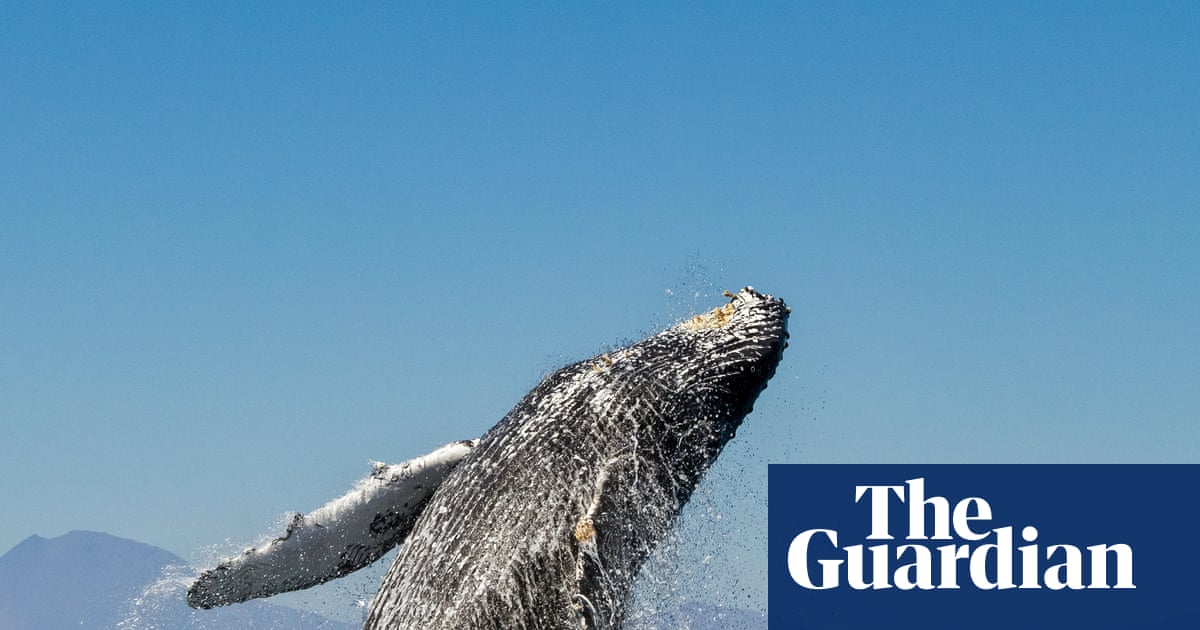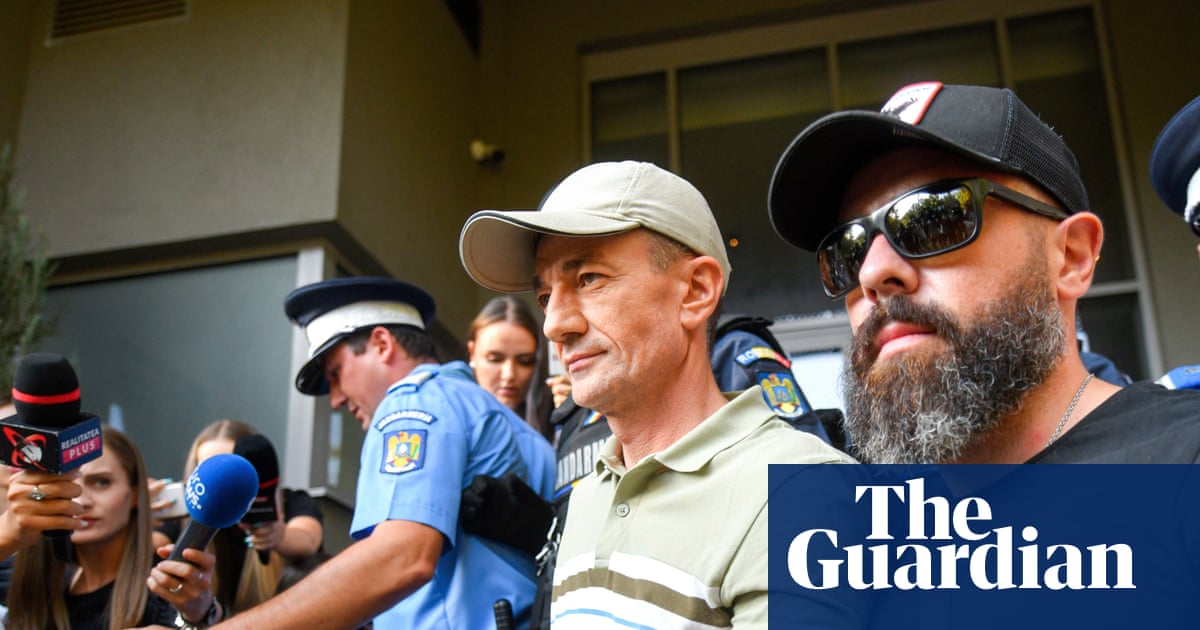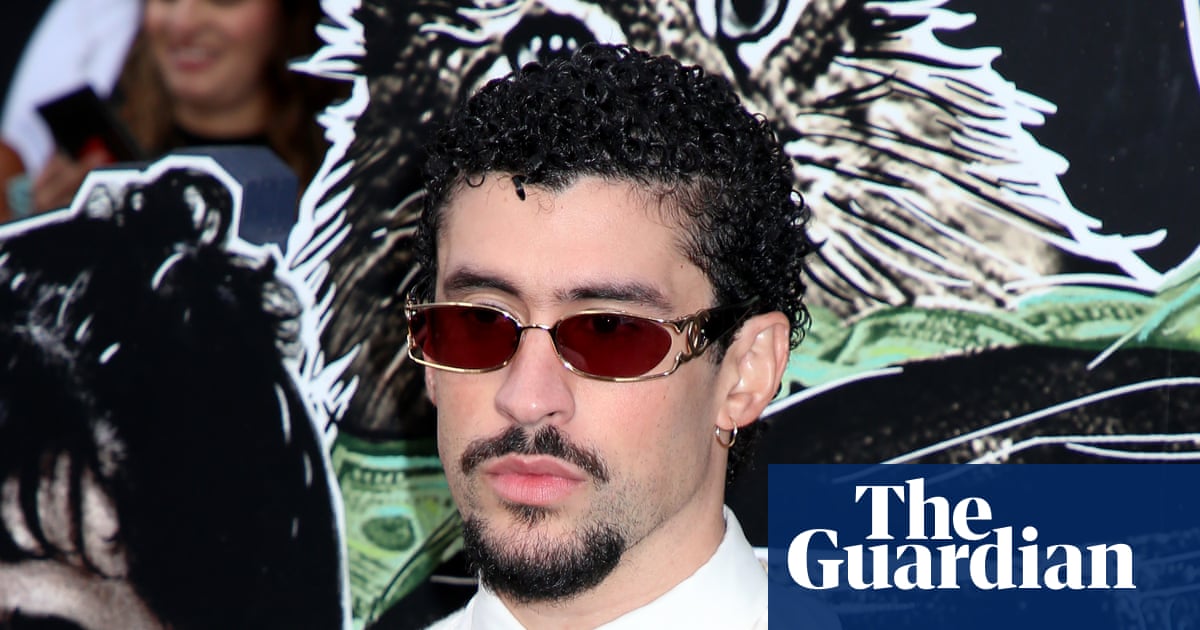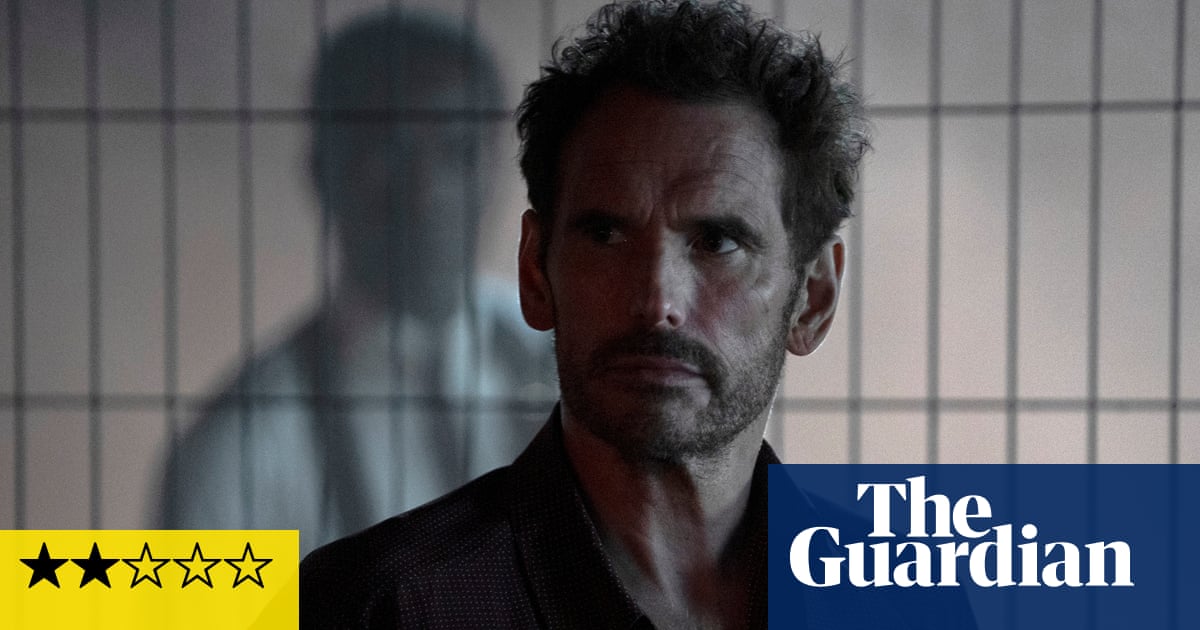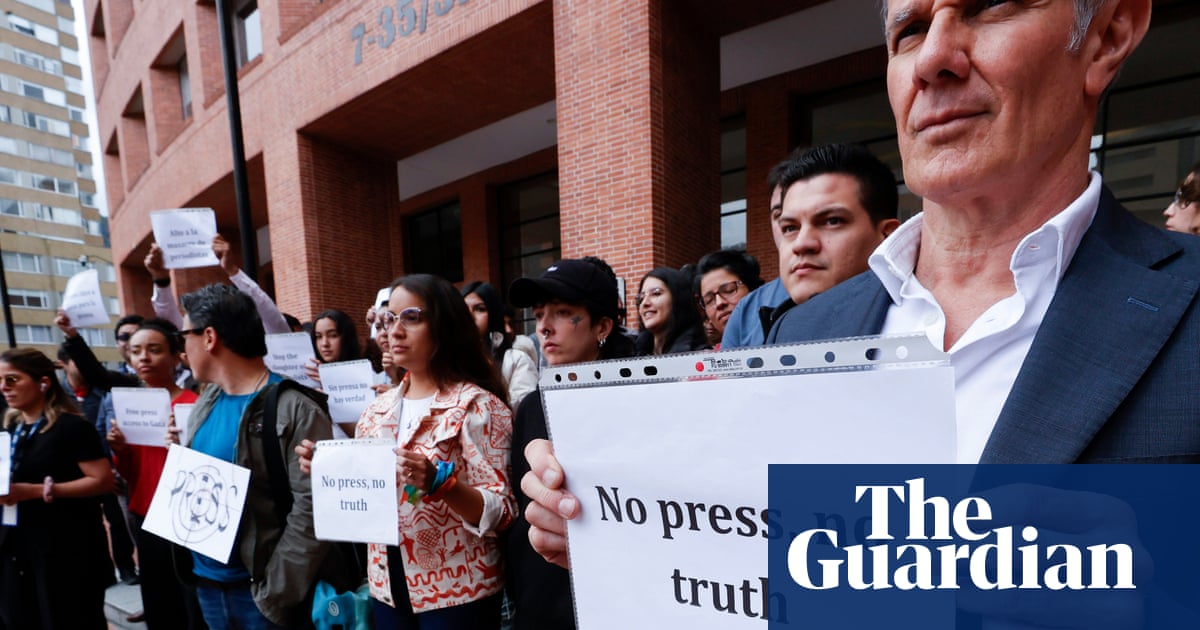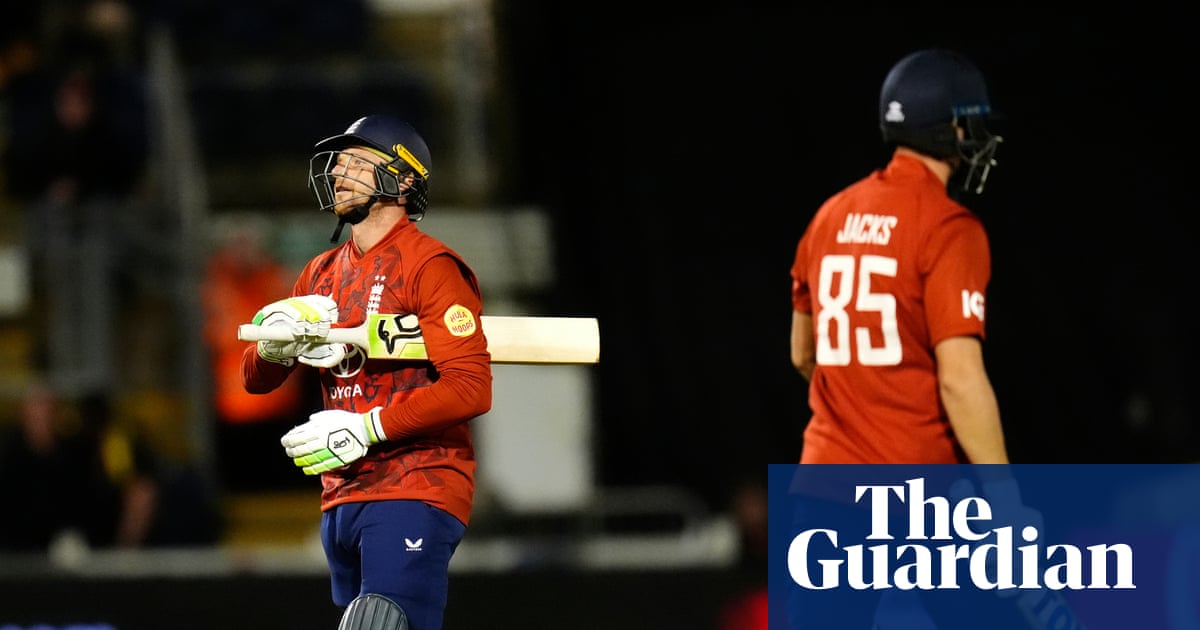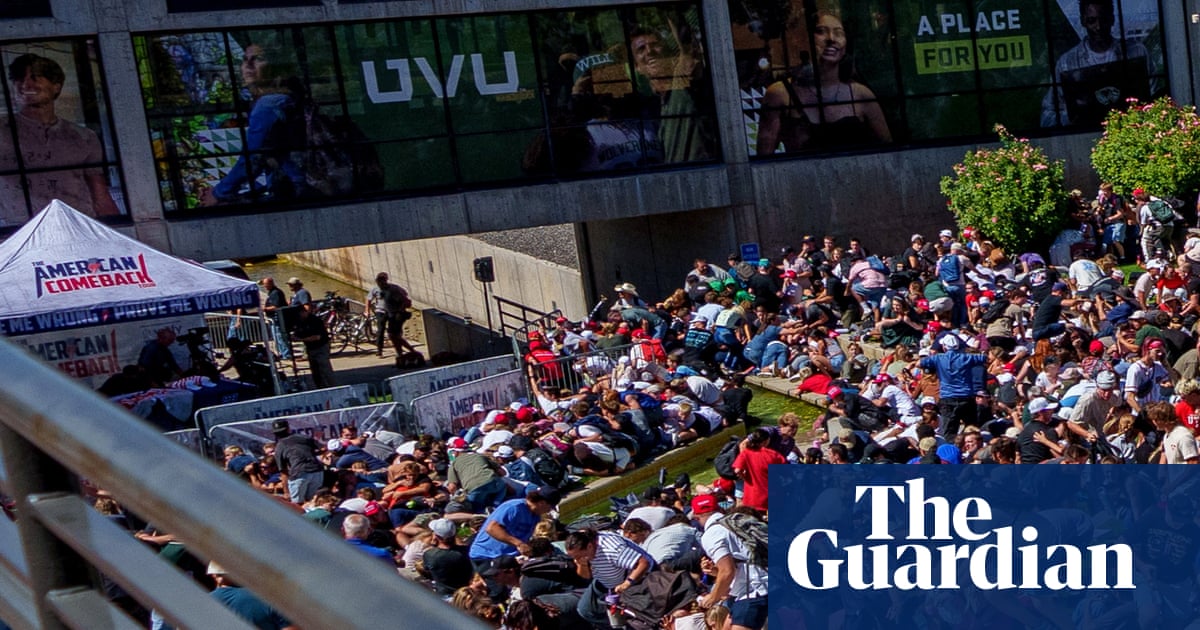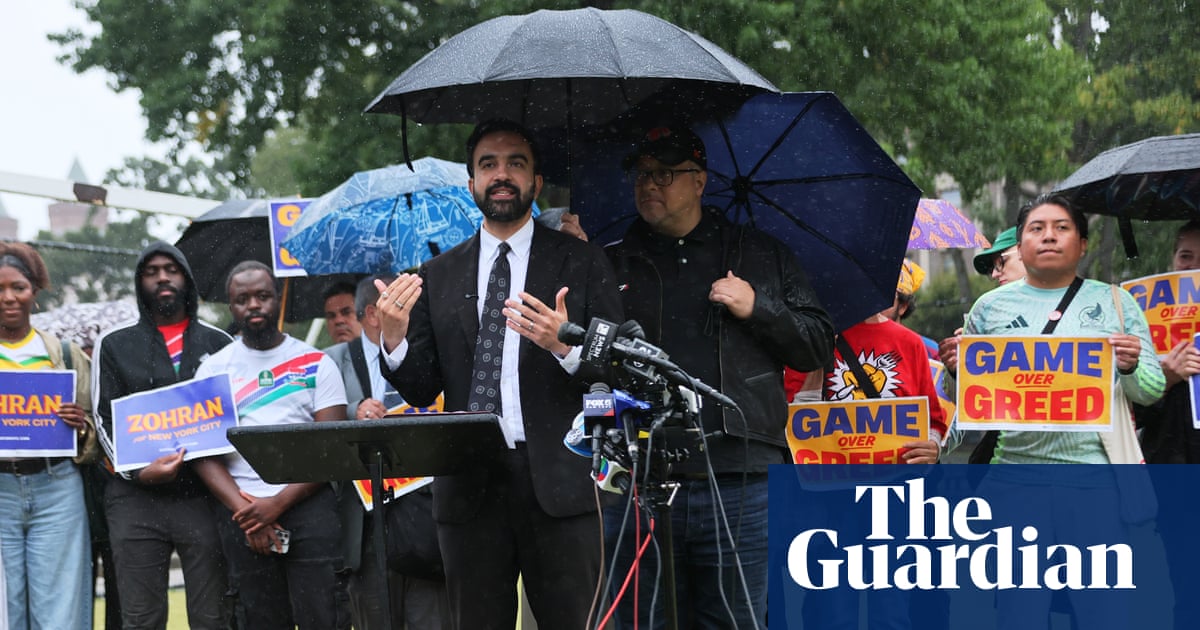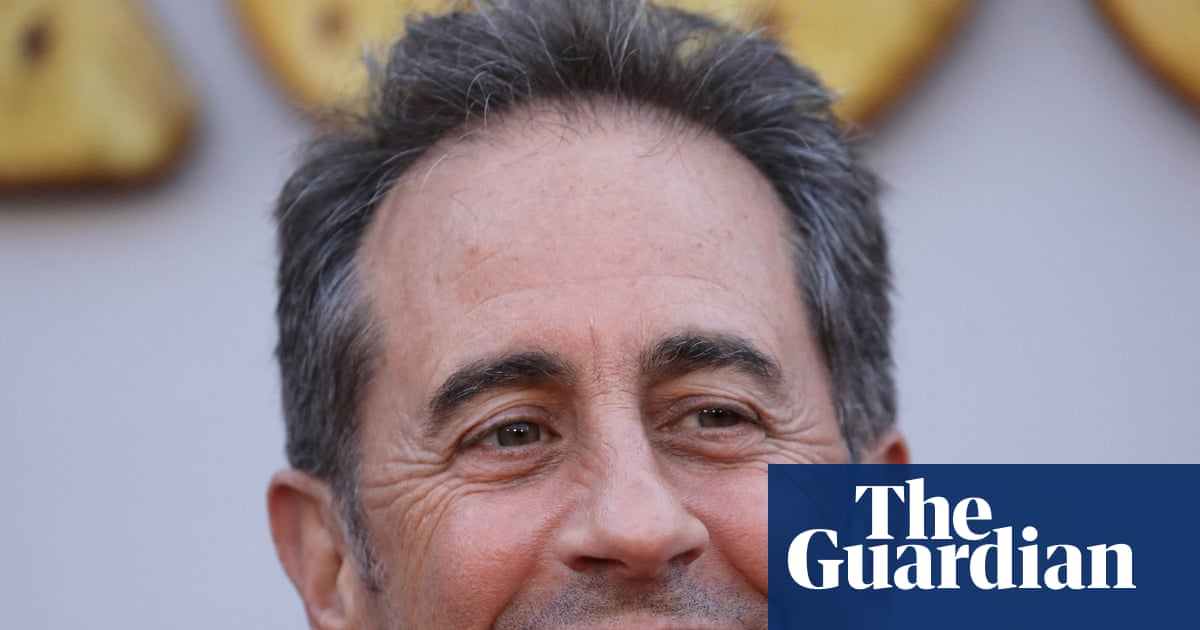The great Scottish newspaper writer Hugh McIlvanney often spoke of “the magnificent triviality of sport.” He wrote beautifully on so many things, but especially boxing and horseracing, sports where death is always at your elbow. He saw boxers die in the ring and jockeys die at the track, and he wrote about them with the right mix of detachment, precision and compassion.
Those columns were thankfully rare. Underpinning everything else he wrote was the belief – that agreement between writer and reader – that the great joy of sport lies in its insignificance. We obsess over it, analyse it, and argue about it, but ultimately, it really doesn’t matter.
The Australian football industry was an angry one last week. Footy seemed to lurch from one “crisis” to another. The umpiring, the mixed media messaging and the competence of the AFL chair, the CEO and the head of football were all called into question. The tone was urgent, the leaks were constant, and the list of grievances was long.
That eased somewhat when we learned that Robert Walls had died aged 74. It was a reminder that there is more to football than the day-to-day folderal, and that this sport has a rich history. Listening to Walls’ friends speak and reading what they wrote about him, several things shone through. One was the full sporting life he’d lived – between amateur and professional, between wealthy and poor, between respect and fear, between success and high farce.
The other was the way he faced death. “No ‘woe is me’ at all,” he told Mark Robinson last year. “My sister’s had cancer, her husband had cancer, their little boy when he was four had cancer and lost his arm. My wife passed away at 55. Shit, I’m in my 70s, I’ve got nothing to complain about, nothing at all.”
There are stories like that all around us. They are not sporting stories. It took two decades and 50 failed attempts before voluntary assisted dying was introduced in Australia. It goes right to the heart of who we are as autonomous individuals and as a society.
Walls was a footballer, a coach and a commentator, and therefore his death was news. His career, his premierships, his sprays, his sackings – they were McIlvanney’s magnificent trivialities. This was different. This mattered. “In the movies you think of someone on death row dragging their feet,” Walls’ son David said. “But he skipped down the hallway like he was running through the banner.”
When we lose loved ones, we blink and blunder into the outside world and register our astonishment that it still carries on as before – that people are still commuting, exercising, shopping and socialising.
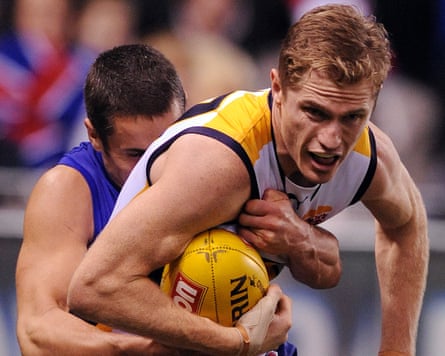
As news of Adam Selwood’s death aged 41 came through on Saturday, the Collingwood and Adelaide players were milling about in the middle of the MCG, warming up in the rain. Magpies captain Scott Pendlebury was meditating in a room underneath, doing what he calls “a full body scan”. An hour later, the ball was bounced. Winter football had arrived.
Pies coach Craig McRae said afterwards that he didn’t know what to do, or what to say. I don’t think anyone did. This isn’t some trite “well it certainly puts everything in perspective,” column. It isn’t a call for a “men’s mental health round”, as though footy can solve every societal problem. It’s pointless and irresponsible to write about Adam Selwood’s life the way we wrote about Robert Walls. All we can do is afford the Selwood family the full measure of their unspeakable grief.
after newsletter promotion
And we can reflect on those very human moments of grace, those moments where sport is more than a triviality. We all remember different things, and we all take different meanings. I’ll remember the son of the Richmond recruiting boss Chris Tolce, whose dad was a year older than the Selwood twins when he died, given the honour of officially logging the club’s number one pick.
I’ll remember Adam’s younger brother, Joel – a sportsman I admired and enjoyed watching more than nearly any other I’ve seen – running out for a grand final carrying a former teammate’s son with a rare degenerative condition. He was the most unyielding of footballers, at a peak moment of adrenalin, nerves and expectation, but I’ll never forget the tenderness in which he held that little boy.
In wrapping up round 10, I could write about Bailey Dale’s 49 touches, or Patrick Dangerfield’s delicate tendons, or Pendlebury’s calculus. I could write about Marbior Chol assessing every degree of difficulty this game can throw up – tired legs, a close finish, a tight angle, a wet ball, a choppy ground, and a 200cm frame – ambling in, gathering the ball one handed, baulking and threading a goal.
But none of that matters. All that matters is that two parents have lost their twin boys in the space of a few months. All that matters is that two little boys have lost their dad, two men have lost their brother and a woman has lost her husband. There is nothing more to say. In a sport column such as this, there’s probably nothing more that should be said.

 3 months ago
40
3 months ago
40

